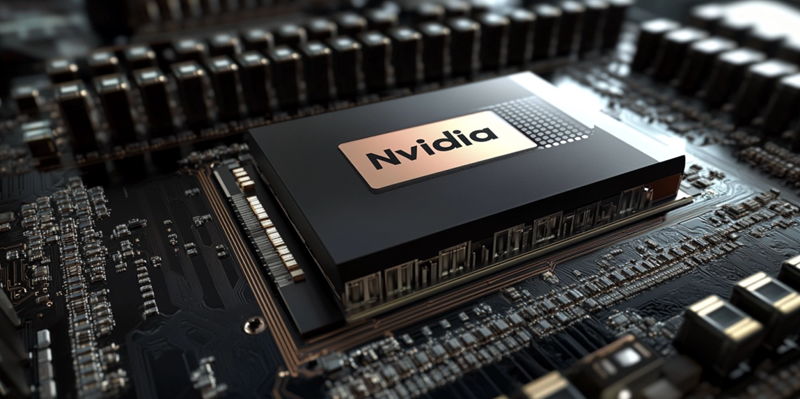Nvidia’s spectacular success in the artificial intelligence (AI) hardware market spotlights a rapidly evolving sector teeming with high demand and dynamic competition. Recently, Nvidia has captured headlines with the upcoming launch of its Blackwell architecture, underscoring the company’s strong foothold in AI innovation. Announced initially at Nvidia’s annual conference in March, the Blackwell systems have already sold out for the next year despite a brief delay to address a design flaw. This mirrors the scenario experienced with their previous-generation Hopper GPUs, which also saw instantaneous sell-outs, signifying a recurring trend of high demand for Nvidia’s AI hardware. This increasing popularity and market enthusiasm have tremendously boosted Nvidia’s earnings and stock prices, making it a dominant player in this burgeoning industry.
Strong Demand and Market Enthusiasm
The intense market interest in Nvidia’s Blackwell architecture was encapsulated by the company’s CEO who described the demand as “insane.” Such enthusiastic uptake clearly illuminates the broader AI frenzy and Nvidia’s pivotal role within it. The scenario has led industry analysts to project sustained demand for Nvidia’s cutting-edge AI hardware well into the future. For instance, a Morgan Stanley analyst predicted Nvidia would not only maintain but potentially strengthen its leading position by 2025. This far-reaching projection is bolstered by Nvidia’s consistency in delivering innovative AI solutions that capitalize on the industry’s current "gold rush" environment for AI technologies.
However, this fervent demand is drawing attention from competitors who aim to carve out their own niches in AI hardware. With Nvidia enjoying its first-mover advantage, the market has seen attempts by AMD and Intel to challenge its dominance. AMD, in particular, has outlined an ambitious roadmap for its Instinct accelerators, with plans extending through 2026. Despite facing stiff competition, the soaring demand for AI hardware globally offers ample room for multiple players to prosper, suggesting that the AI hardware sector will remain highly competitive.
Competitors Emerge with Aggressive Strategies
AMD’s efforts to gain ground in the AI hardware landscape have not gone unnoticed. Their MI300 family has witnessed rapid revenue growth, reflecting strong market performance. Such initiatives indicate AMD’s strategic intent to rival Nvidia’s dominance in the sector. Additionally, AMD’s recent $4.9 billion acquisition of data center infrastructure company ZT Systems underscores its commitment to expanding its presence and capabilities within AI hardware. This aggressive push signifies the robustness of competition Nvidia faces, but it also highlights the widespread opportunity within the sector.
Intel, too, has directed efforts towards capturing a share of the lucrative AI hardware market. Despite its historically slower pace compared to Nvidia and AMD, Intel’s recent developments suggest an eagerness to bolster its AI portfolio. While Nvidia continues to lead, the competitive pressure mounts, driving all players to innovate rapidly and invest handsomely in their technologies. With all these dynamics at play, Nvidia’s strategy to maintain supremacy will likely hinge on continuously elevating its technological prowess and scaling production to meet unrelenting market demand.
Future of AI Hardware Development
AMD’s push in the AI hardware market is making waves, as evidenced by the swift revenue growth of their MI300 series, indicating strong market traction. These moves clearly point to AMD’s strategic effort to challenge Nvidia’s dominance. Furthermore, AMD’s $4.9 billion investment in acquiring ZT Systems, a data center infrastructure company, emphasizes its commitment to bolstering its AI hardware capabilities. This aggressive expansion not only underscores the stiff competition Nvidia is facing but also highlights the vast opportunities present in the sector.
Meanwhile, Intel is also vying for a piece of the lucrative AI hardware market. Although it has historically lagged behind Nvidia and AMD, Intel’s recent strides show a clear intent to strengthen its AI portfolio. While Nvidia remains the frontrunner, the escalating competition is driving all companies to innovate swiftly and invest significantly in their technologies. Given this competitive environment, Nvidia’s strategy to maintain its supremacy will likely depend on continuously enhancing its technological edge and ramping up production to meet the ever-growing market demand.

